
Though Ghana is regarded as a beacon of democracy in Africa, the country’s record on gender equality is less enviable; it is best described as hesitant, sluggish, and comparatively abysmal.
Ghana currently lags behind many of its African peers in achieving gender parity in employment (decent jobs), in representation (parliament and firms with female top managers), and in education (STEM and tertiary graduation). Ghana fell from 58 on the World Economic Forum’s Gender Parity Index in 2006 to 117 in 2021. In the current parliament, women constitute only 14 percent of the members. Although this number represents the highest proportion of women ever in parliament, it falls far short of the affirmative action directive of 40 percent.
Gender inequalities in our sociopolitical, economic, and educational structures and systems, rooted in cultural beliefs and practices, means that women continue to struggle to reach their full potential and overcome cruel challenges. In the 21st century, why are women in our society still suffering injustices such as female genital mutilation, witchcraft allegations and banishments, and forced marriages, including child marriages?
Breaking into and making my mark as a woman in politics was tough. I entered politics as a way to address and alleviate poverty, especially for women and children. Though I have won and lost a number of elections, running for the position of NPP National Women Organizer was possibly the most daunting challenge I have faced in my political career. I had to learn to balance the rigors of campaigning with my career, motherhood, and school. Fueled by courage and determination to make a difference, supported by a team of campaigners and financiers, and leaning on the experience from previous elections and as a rural development practitioner, I won that election in 2010.
However, I quickly learnt that being invited to the table doesn’t mean you actually have a seat.
I believed in what I was doing but believing in oneself wasn’t enough. I realized that I had to take hard action for impactful change to occur, such as developing a grassroots-based, bottom-up strategy to create opportunities for women in the party. I was inspired by Meghan Markel’s statement, “Create your own table and make sure that you are at the table”. This approach served me well as a two-term NPP National Women Organizer and later on as Minster of Gender, Children and Social Protection.
I use these examples of my time in politics to illustrate that the time has come for women to step up and advocate for their right to be at the table. It is not enough to simply talk about women needing a seat at the table—women must be empowered to invite themselves, take their own seat, and make sure they are at the head of it.
Equality is a balance of power, and no one gives up power without a fight. Women should take it for themselves. We must raise a generation of girls and women who believe in themselves and in their ability to change the world. Leaders like President Ellen Sirleaf Johnson, Samia Suluhu Hassan, Angela Merkel, Margaret Thatcher, and Jacinda Ardern have proved that there is no limit to what women can do.
We must recognize that change is not a single event but a process. Like Martin Luther King said, “Human progress is neither automatic nor inevitable… Every step toward the goal of justice requires sacrifice, suffering, and struggle; the tireless exertions and passionate concern of dedicated individuals.”
And that’s why I am encouraged by the Ghana Compact, a consensus driven initiative which seeks set collectively agreed-upon goals and targets for the country’s governance, political processes, economic management, and to my point policies for gender equality for the second quarter of the 21st century. If we all agree and work together as the Compact advocates for, we can ensure that regardless of the government that comes into power, our country becomes one that balances the scale of power and opportunity between the genders.
We must not underestimate the power of continuous and sustained action to bring about a gender equal society. Communities must make transformative choices and break down barriers to gender equality. Families must start early socialization in the fair distribution of house chores and roles from infancy. Institutions and corporations must invest in meaningful change to ensure equal opportunities for leadership roles.
And not least of all, our government structures must act. We must guarantee a given quota for female political participation. We must pass the Affirmative Action Bill and other laws immediately to eliminate all forms of violence and abuse against women and girls. Judiciary systems and structures must set in place fast track court procedures and punitive measures to help eliminate child marriage, female genital mutilation, and violence against women. And we must work to make women financially independent with access to employment, lands, loans, and investment opportunities.
Michelle Obama tells us that no country can ever truly flourish if it stifles the potential of its women and deprives itself of the contributions of half its citizens. As we mark 66 years of independence, let us commit to building a Ghana where we transform our systems and societies into safe spaces where women and girls are seen for who they are, and where the immense gifts and talents they possess are given the space to thrive.
The world is changing fast and Ghanaian women cannot continue to wait. We must fight to bring about the changes we deserve. As Martin Luther King said “you have the right to sit in front. For as long as you sit at the back you allow others to feel superior”. Act now, women, and sit in front. Because you can.
This is a clarion call for women and men to rise up and stand against injustices against women and girls and to activate gender equity and equality in Ghana now.
About the author
Dr. Otiko Afisah Djaba is a remarkable change agent, a passionate feminist, and a committed gender activist with applicable experience in working on issues like gender, disability, and social protection. A former Minister for Gender, Children and Social Protection, she has been actively involved at the national and international level in the development of gender-responsive strategies, policy influencing and formulation of inclusive, equitable and equality development as well as advocacy campaigns for vulnerable persons with disability, girls, women, and children. Currently, she is the Executive Director and Founder of Henry Djaba Memorial Foundation, Accra, Ghana.
The post Dr. Otiko Afisah Djaba writes: Wake up Ghana, act now on gender equality appeared first on Citinewsroom - Comprehensive News in Ghana.
Read Full Story
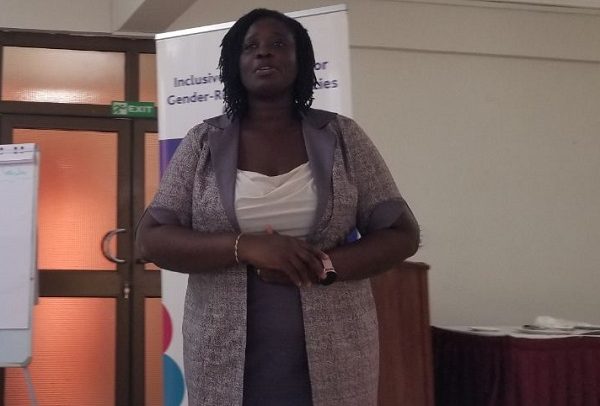
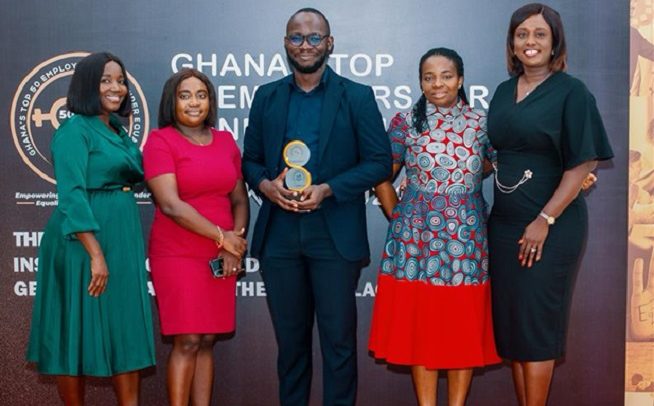

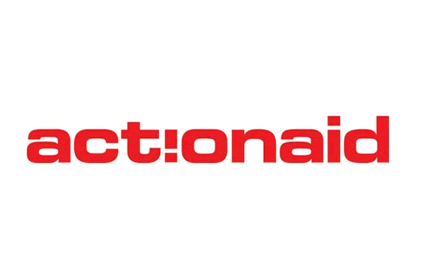
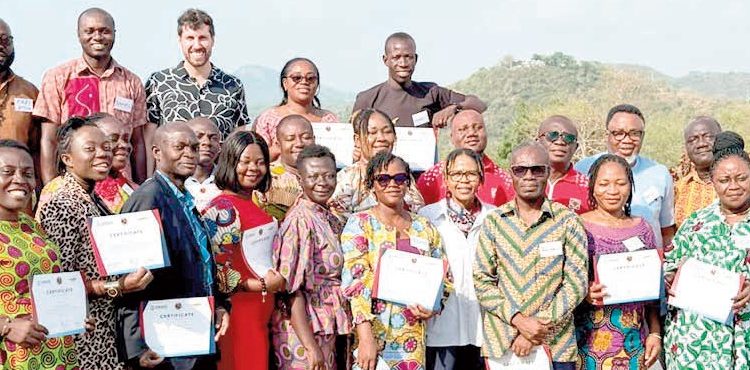














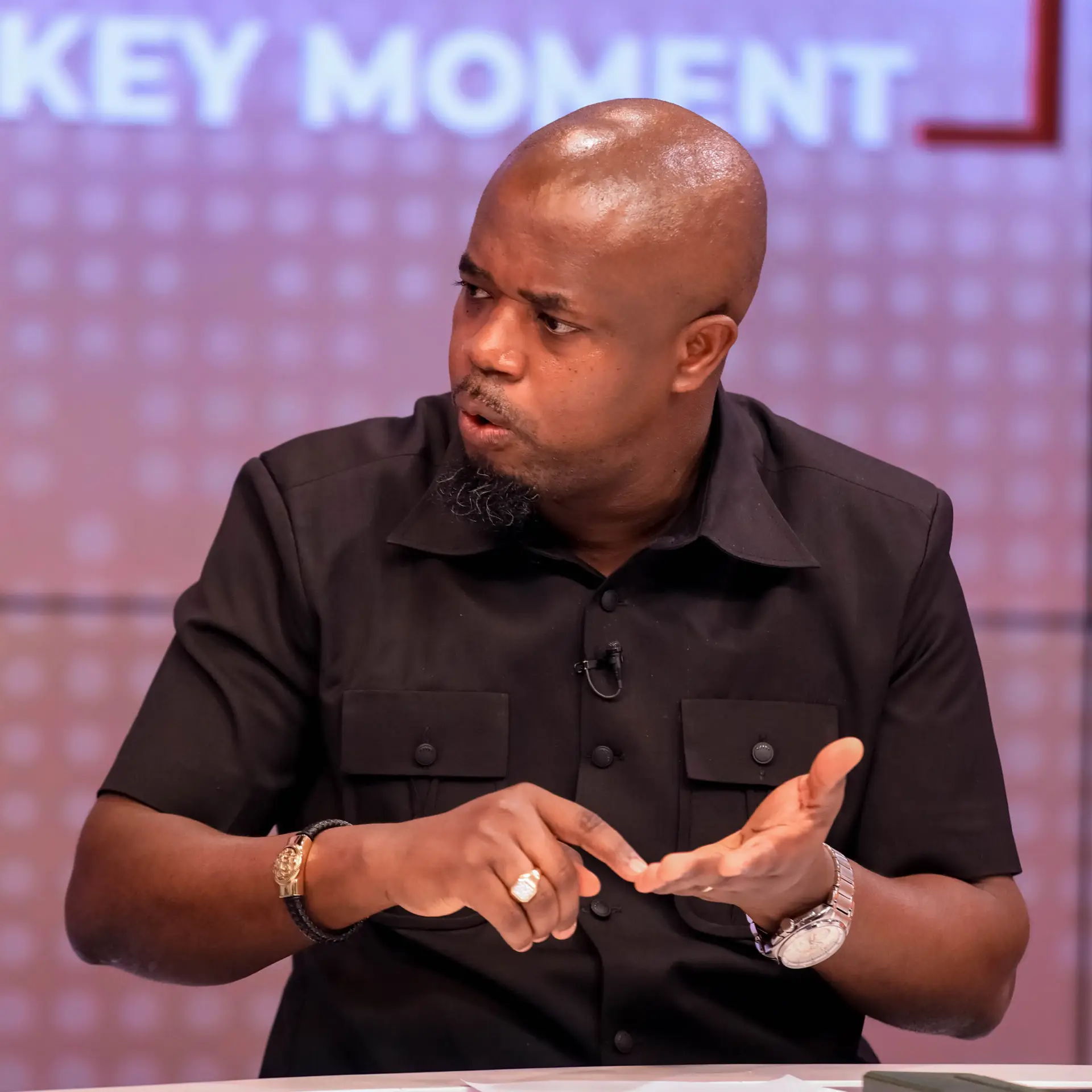




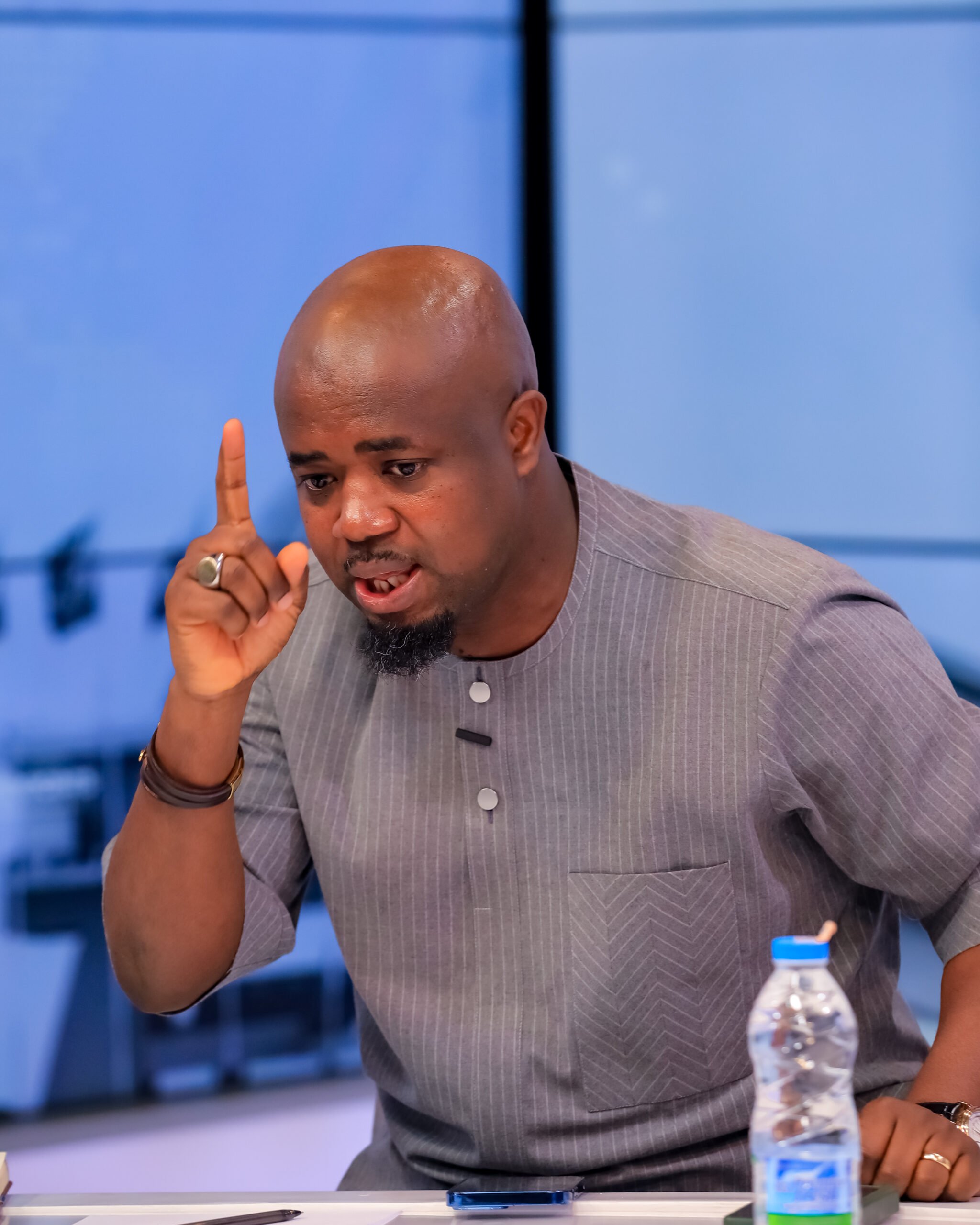

Facebook
Twitter
Pinterest
Instagram
Google+
YouTube
LinkedIn
RSS